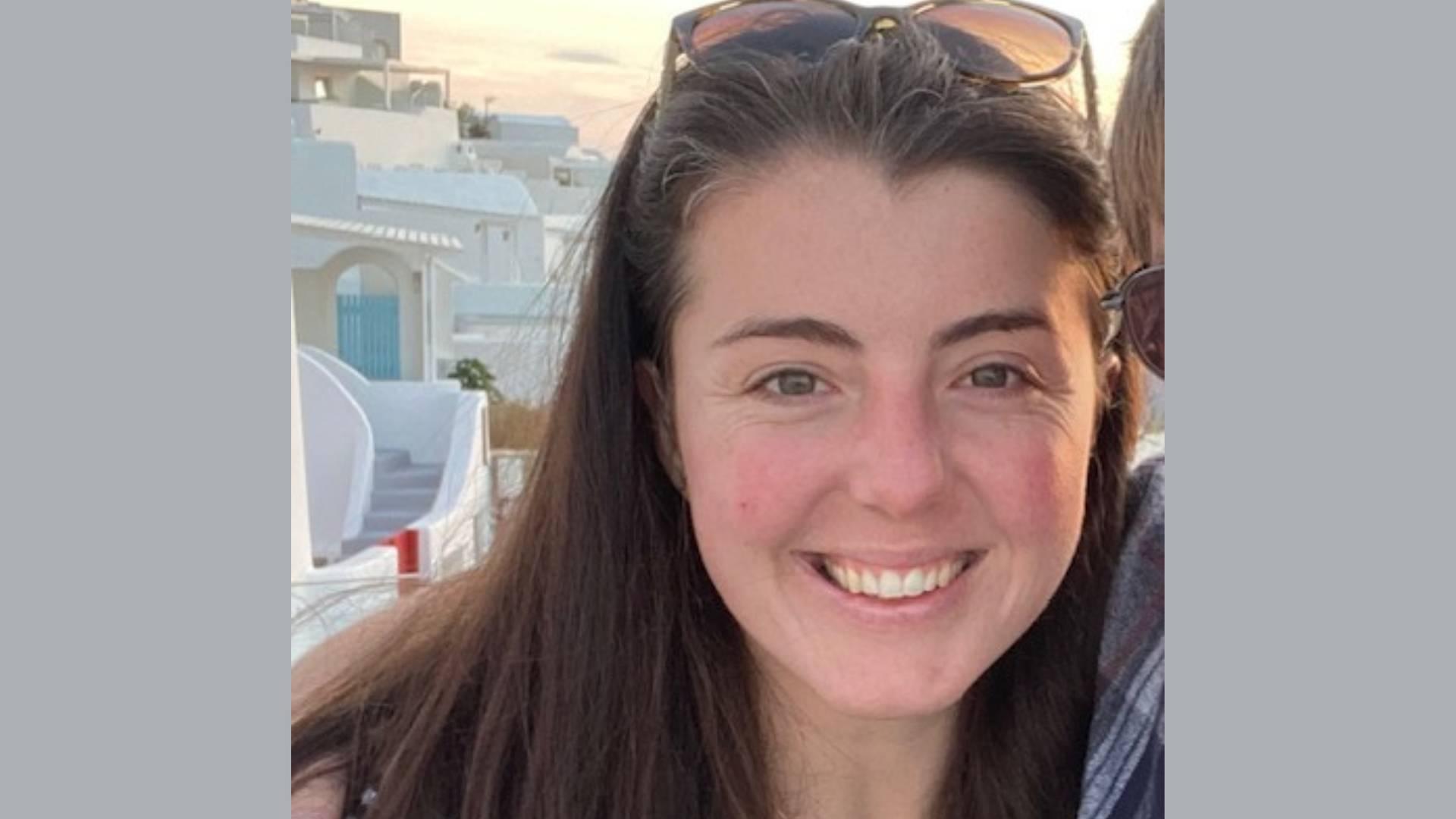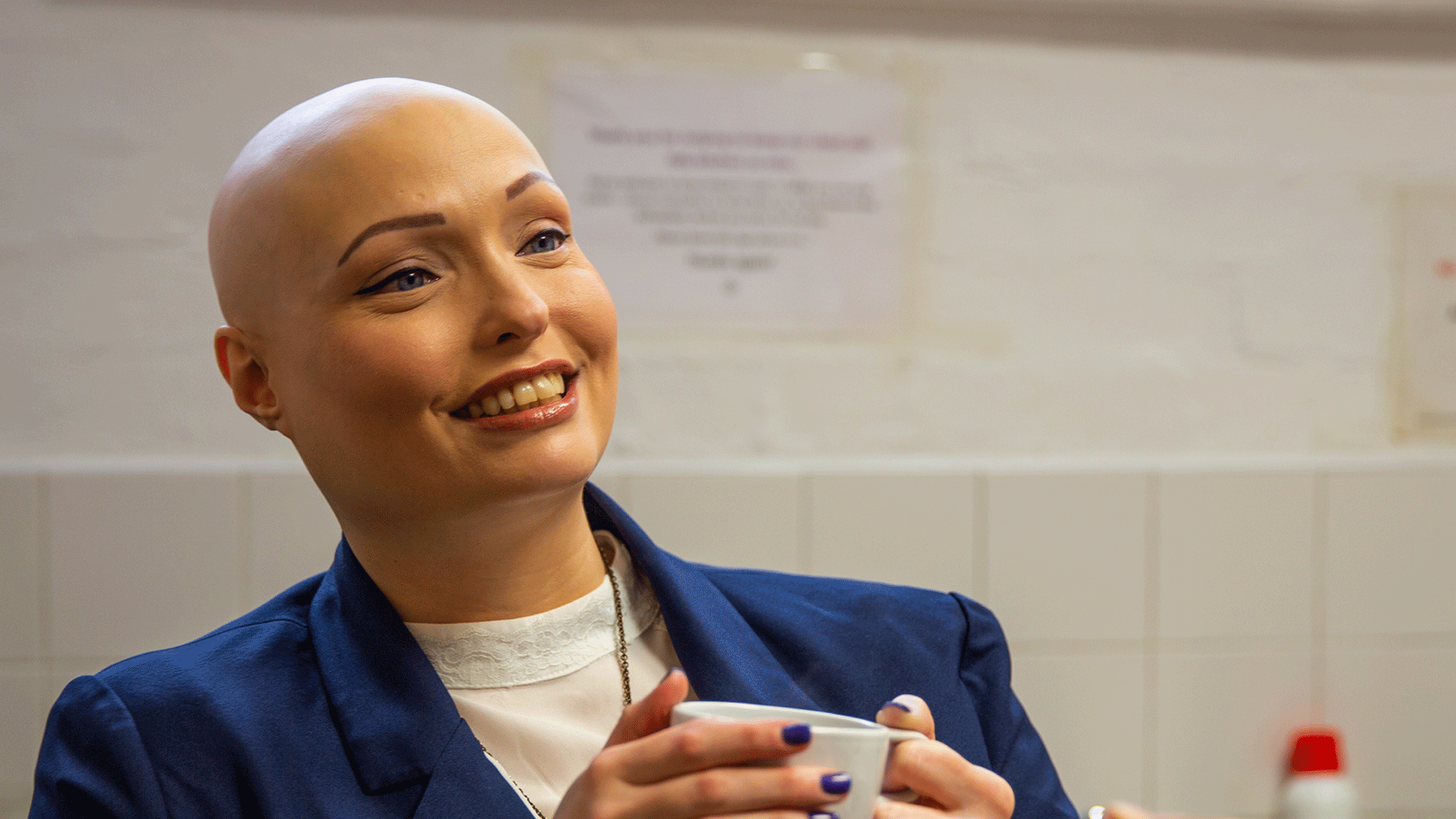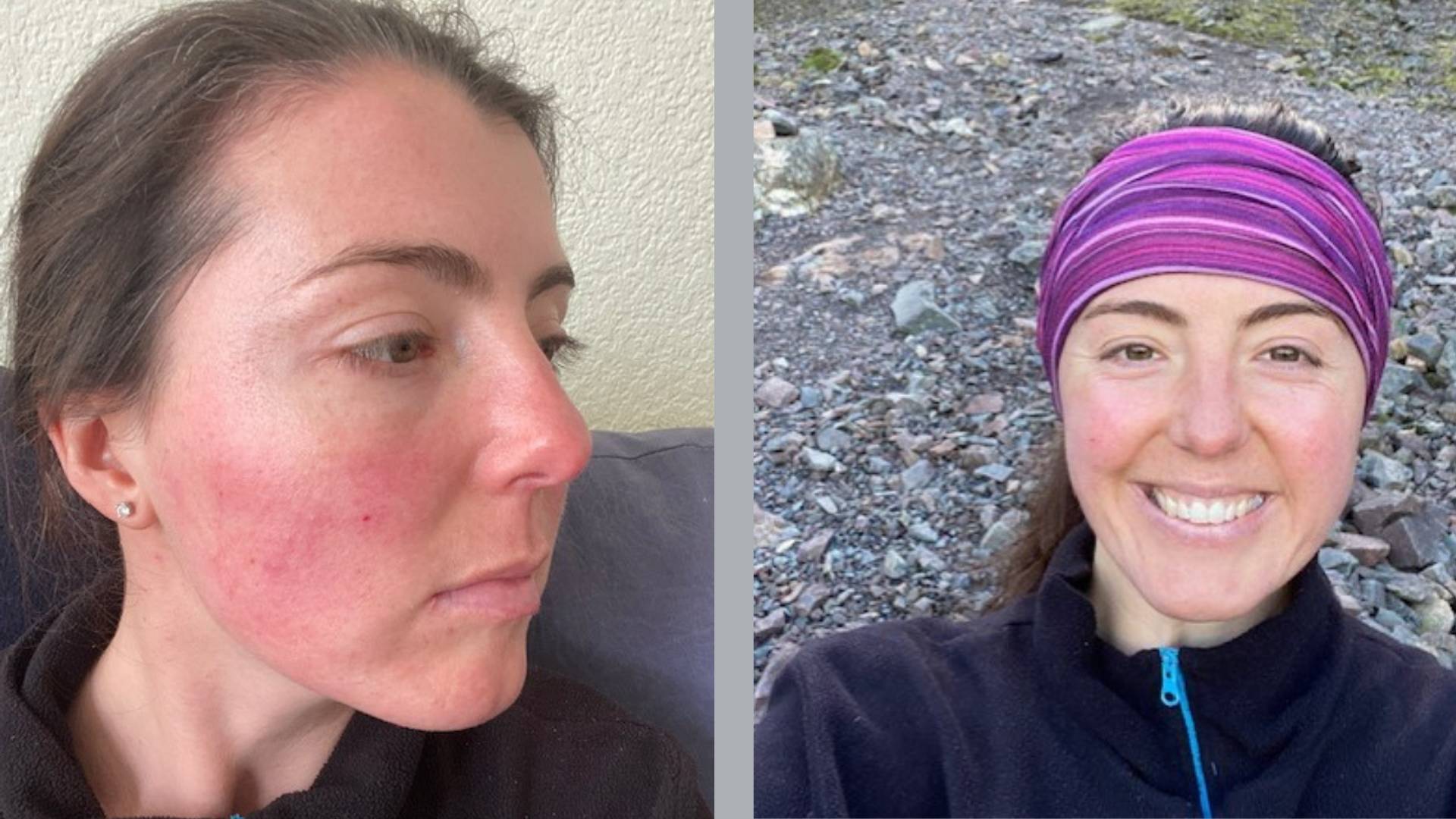I was diagnosed with rosacea last year, although, now I understand more about the condition and its symptoms, I’ve probably had it for most of my life.
When I was 18 years old, and at university, partying and socialising meant I was drinking more alcohol on a weekly basis. When I drank certain things, my chest, the tops of my arms and my face went bright red. I noticed that nobody else had the same reaction as I did towards alcohol, but I also didn’t recognise it as a rosacea flare-up at that time.
It wouldn’t happen every time I drank. In fact, it was quite irregular – at that time, there wasn’t enough of a pattern for me to understand what was happening and seek advice. Occasionally, I would be having a drink with friends, and then start to feel very hot in the face. The heat would spread to my arms and my chest would get itchy. This would prompt me to go and see what was happening. I’d discover a mottled-looking rash spread across my chest and arms. It would sometimes appear on my face, too.
After lockdown finished, and particularly because I worked from home for a lot of it, I found it harder to go out without feeling self-conscious about my visible difference.
Apart from the initial shock of seeing a rash had formed, it didn’t affect me much, back then, particularly as I could use makeup to hide the redness of my appearance before it died down a couple of hours later.
Since then, and particularly over the last two years, my rosacea has got a lot worse. The areas of my face where I get flareups are continuously red, now, and I’ve started noticing broken skin capillaries in the balls of my cheeks and my nose. I’ve become much more aware and self-conscious of my visible difference and feel a bit anxious about managing it and preventing it from becoming worse.
After lockdown finished, and particularly because I worked from home for a lot of it, I found it harder to go out without feeling self-conscious about my visible difference. My self-esteem reached new lows, and I felt as if I have two choices most of the time – to wear my camouflage makeup or go out without it and not feel great about myself.
Luckily, Changing Faces has been there to support me and lift my confidence. I found out about Changing Faces as I was referred to a dermatologist by a GP. He sent me over some leaflets, and Changing Faces was one of them – talking about the impact to mental health that having a visible difference can have. I browsed through the website and found their online group support sessions – Peer Group Chat. I was interested because I’d never met anyone else with rosacea or any sort of visible difference. I thought it would be nice to talk to other people about my experiences, hoping they could relate to what I was going through.


